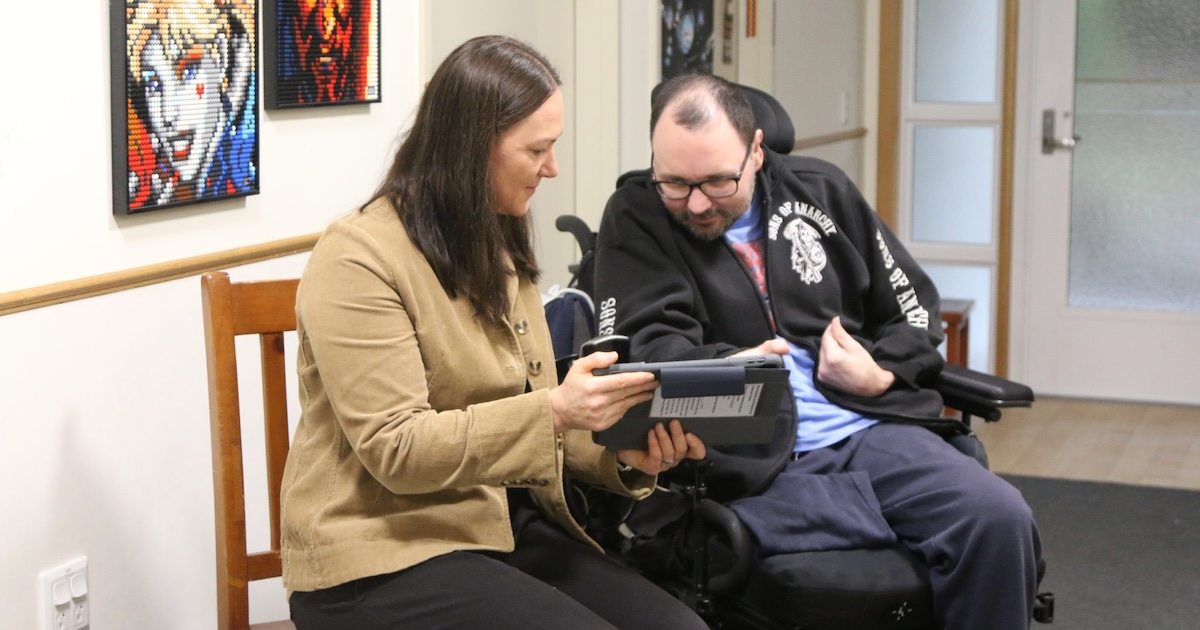A Melbourne-based medical technology company has been granted a US$3 million contract to use digital health technology and AI to drive personalised medicine for the Epilepsy Foundation of America.
The company, Seer Medical, specialises in products and services to make the diagnosis and management of neurological disorders easy.
The My Seizure Gauge project will be done in collaboration with the US-based Mayo Clinic and London-based King College Hospital, and will use Seer Cloud to enable patients to gauge the likelihood of an epilepsy seizure occurring via an app.
The Seer Cloud platform will collect data from wearable devices that measure the activity of a patient’s brain, heart and other important vital signs.
The data will then be interpreted by AI on the cloud to automatically generate clinical insight.
Seer Medical CEO Dr Dean Freestone told HITNA that today, AI interpretation of brain signals highlight parts of data that are likely to be important for diagnostic purposes. What Seer Medical’s technology aims to do, through this project, is speed up the review process.
The algorithms discover complex combinations of seizure triggers that otherwise appear random as seizures can be influenced in subtle ways, and by many things.
For example, sleep, stress, alcohol, diet, weather, and other behavioural and environmental factors affect the odds of it occurring.
“Traditional diagnostics require patients to be monitored in hospital for a week. Seizures can be rare events, so it takes a long time to catch them. Patients can be waiting around in hospital for weeks and seizures are less likely to occur in a setting that’s so far removed from normal,” he said.
Using personalised data recorded over a long time period is expected to reveal the triggers for a person and moves neurology out of the clinical environment to the home, reducing the reliance on overburdened hospital infrastructure.
“Seer’s at-home diagnostic service allows patients to be recorded in the home environment, so there is no longer a need to be stuck in hospital for a week. This frees up beds for patients in greater need,” he added.
“In the future, AI will enable automated diagnosis of epilepsy, which will be revolutionary. AI will also be able to recommend what therapy will work best for an individual in future. This new type of personalised therapy is a while off, but we are working to build the infrastructure to make this a reality.”
[Read more: Research into the genetic risk factors for stroke uncovers game-changing discoveries | Ground-breaking collaboration creates world-first smart home for people with intellectual disabilities]
Founded in 2017, the company’s immediate focus is on epilepsy, with the project aiming to harness the collective knowledge of medical professionals and curating one of the world’s largest medical dataset.
“There are 65 million people living with epilepsy worldwide. Approximately one third cannot control their seizures effectively. These people live in persistent anxiety and everyday tasks like driving or cooking can become life-threatening,” he said.
“Using the Seer Cloud, patients will be able to gauge the likelihood of a seizure occurring soon via an app, bringing back control into their lives.”
According to Freestone, the project also represents the convergence of a range of technologies, with the potential for more in the near future.
“We are living in an incredible time of change in technology and the rate of change is increasing. Advances in wearable devices, high speed mobile networks and cloud storage and computing means that Seer can collect and organise personalised health data at unprecedented scales,” he said.
“The convergence of machine learning, AI, high-speed mobile networks, wearables devices and cloud computing will democratise healthcare. Soon, we will have 5G mobile networks, enabling rapid transmission of information from wearable devices across the web.
“The 2020s will see these technologies coming together, leading to the democratisation of healthcare and patient empowerment.”
